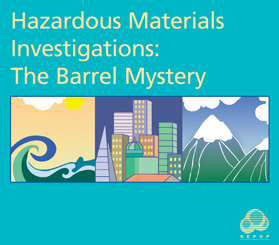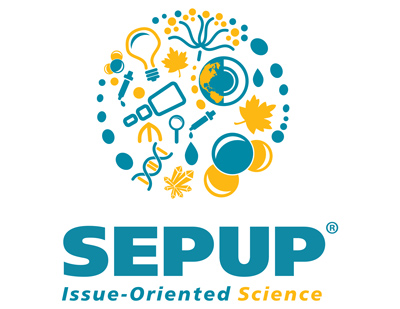Hazardous Materials Investigations: The Barrel Mystery – Module Issues in the News for Students

Scroll down to read summaries of recent news related to hazardous materials.
News
Some “Experts” Would Throw Mercury Out with the Trash
In 2001, the American Academy of Pediatrics recommended that health professionals and consumers stop using thermometers or other devices containing mercury. Mercury is a toxic element that can be absorbed through the skin or inhaled as it vaporizes. The ingestion of even small amounts can cause neurological damage, particularly in infants and small children.
In May 2002, researchers at Rutgers University College of Pharmacy and the University of Medicine and Dentistry of New Jersey asked 80 different groups, including public health agencies, how mercury thermometers should be disposed of.
Only a third of the groups who might be contacted about or responsible for disposing of mercury responded correctly. Thirty-six groups recommended throwing them into the trash; 19 said they didn’t know and suggested calling someone else; and 19 suggested taking the device to a specific site, such as a hazardous waste center. As a hazardous waste that could contaminate water and food supplies or be ingested by wildlife, mercury should always be taken to hazardous waste disposal facilities.
Safety in Your Community
Do you know if there is a chemical plant in your community? Has there been a chemical accident in your community within the last five years? Do you know what to do if an accident occurs? If you answered “no” to these questions, you are like the majority of people in the United States, according to a study done in 2003 by the State of Texas’ Engineering Experiment Station’s Process Safety Center.
The study found the top five most released chemicals in the United States in the last 10 years were: ammonia, chlorine, hydrogen, propane and formaldehyde. It said chemical spills with related injuries and fatalities are probably declining, but no one knows for sure because the information is not nationally tracked.
” We need to have a better informed public—where the public trusts the information coming out of the chemical industry—so people are better able to deal with emergencies such as chemical incidents,” said Dr. Sam Mannan, director of the study. “Public trust is essential for improved safety.”

